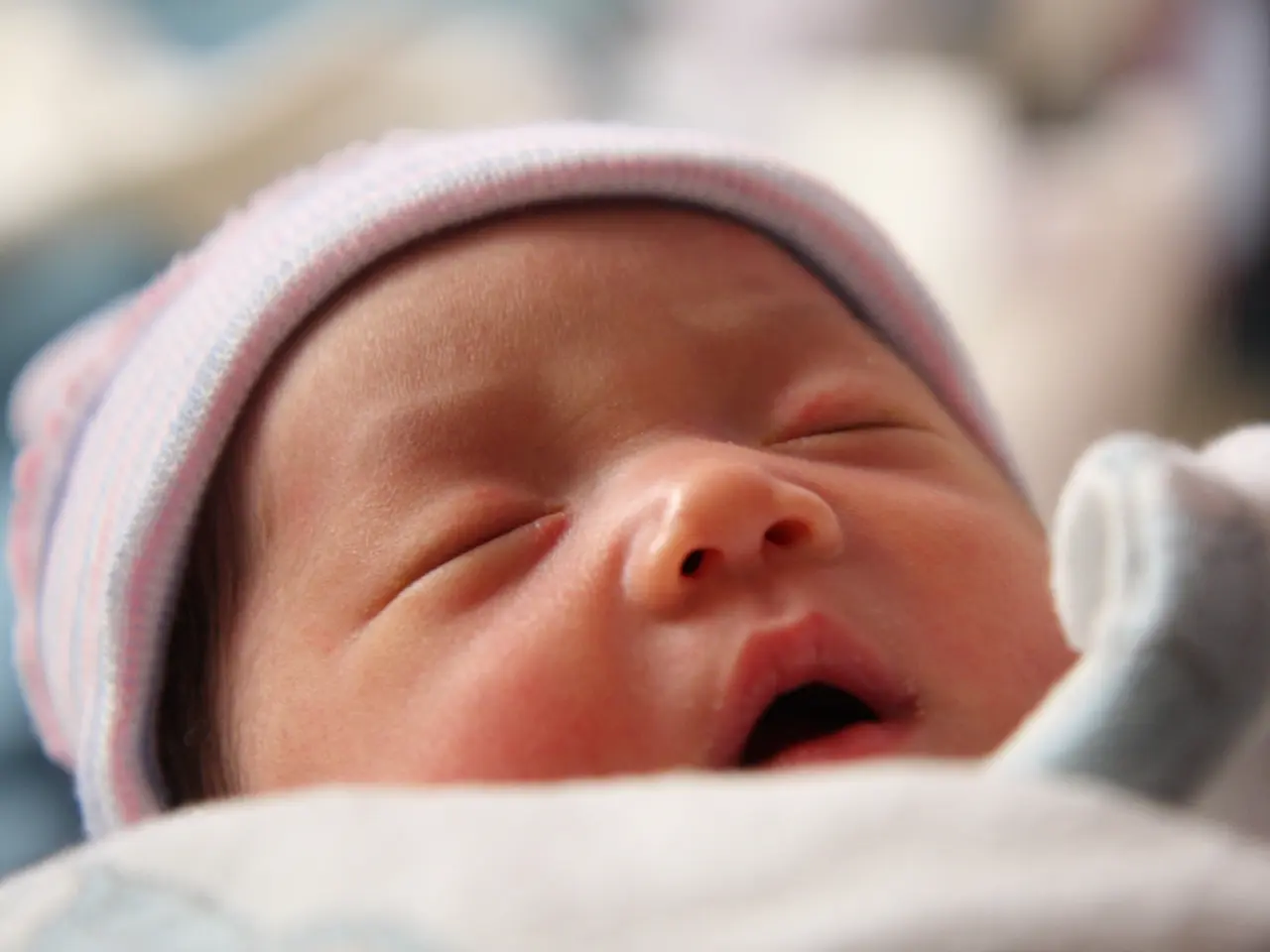The Impact of Sleep on a Child's Early Academic Achievement
Promoting healthy sleep in early childhood is essential for learning, emotional regulation, and physical growth. Research consistently shows that adequate, high-quality sleep supports memory, focus, and cognitive development, while also fostering emotional stability and enhancing physical health and immune function. Here are evidence-based strategies that can help caregivers create an environment conducive to optimal sleep.
## Key Strategies
### Establish Consistent Bedtime Routines
Maintaining a consistent bedtime and wake-up time, even on weekends, helps regulate a child’s internal clock. Following a predictable sequence of calming activities before bed, such as bathing, reading, or gentle singing, signals to the child that it is time to sleep.
### Create a Safe and Conducive Sleep Environment
Ensure the sleep space is quiet, dark, and at a comfortable temperature. Always place infants on their backs to sleep, in a crib or bassinet with a firm mattress and no loose bedding, pillows, or toys. Infants should sleep in their own sleep space, not shared with adults or siblings.
### Promote Self-Soothing and Independent Sleep
The Ferber method encourages self-soothing by gradually increasing the intervals between parental checks during nighttime awakenings, while providing brief reassurance for infants aged 4 months and older. For older toddlers, gradually reduce parental presence at bedtime over several nights to help the child learn to fall asleep alone.
### Daytime Practices That Support Nighttime Sleep
Encourage regular, age-appropriate physical activity during the day, which can promote deeper, more restorative sleep at night. Ensure exposure to natural light during the day, especially in the morning, to help regulate the circadian rhythm. Follow age-appropriate nap schedules, avoiding naps too close to bedtime.
### Limit Stimulants and Screen Time
Avoid caffeine and sugary foods and drinks close to bedtime. Limit exposure to screens (TV, tablets, phones) at least one hour before bedtime, as blue light can interfere with the production of melatonin, a hormone essential for sleep.
### Address Sleep Problems Early
Be attentive to signs of sleep problems, such as frequent nighttime awakenings or difficulty falling asleep, and adjust routines accordingly. Persistent sleep issues should be discussed with a pediatrician or sleep specialist to rule out medical causes and receive tailored advice.
## Why These Strategies Work
These strategies are grounded in research demonstrating that consistent routines, a safe sleep environment, and promoting independent sleep skills help children achieve the deep, restorative sleep necessary for brain development, emotional resilience, and physical health. Quality sleep is not merely a period of rest but a dynamic process essential for memory consolidation, emotional regulation, immune function, and growth.
## Summary Table: Evidence-Based Sleep Promotion Strategies
| Strategy | Description | Age Group | Key Benefit | |---------------------------------|-----------------------------------------------------------------------------|---------------------|-------------------------------------| | Consistent Bedtime Routine | Predictable, calming pre-sleep activities | All ages | Regulates circadian rhythm | | Safe Sleep Environment | Back sleeping, firm mattress, no loose bedding | Infants | Reduces SIDS risk, promotes safety | | Ferber Method | Graduated check-ins to encourage self-soothing | 4+ months | Teaches independent sleep | | Pick Up/Put Down Method | Soothing then placing back drowsy but awake | 4–8 months | Balances comfort and independence | | Physical Activity & Daylight | Active play, outdoor time | Toddlers/Children | Enhances sleep quality | | Limit Screens & Stimulants | No screens/caffeine before bed | All ages | Improves sleep onset |
By implementing these evidence-based strategies, caregivers can significantly enhance the quality and quantity of sleep in early childhood, laying a strong foundation for lifelong learning, emotional well-being, and physical health.
A child's development, particularly in areas of learning, emotional regulation, and physical growth, is closely tied to quality sleep. Evidence-based strategies can help caregivers create an environment conducive to optimal sleep, thereby supporting science-backed benefits such as improved memory, focus, and cognitive development, as well as emotional stability and enhanced overall health and immune function. This sleep promotion can be achieved through methods like maintaining consistent bedtime routines, creating a safe sleep environment, promoting self-soothing and independent sleep, and incorporating daytime practices that support nighttime sleep.




